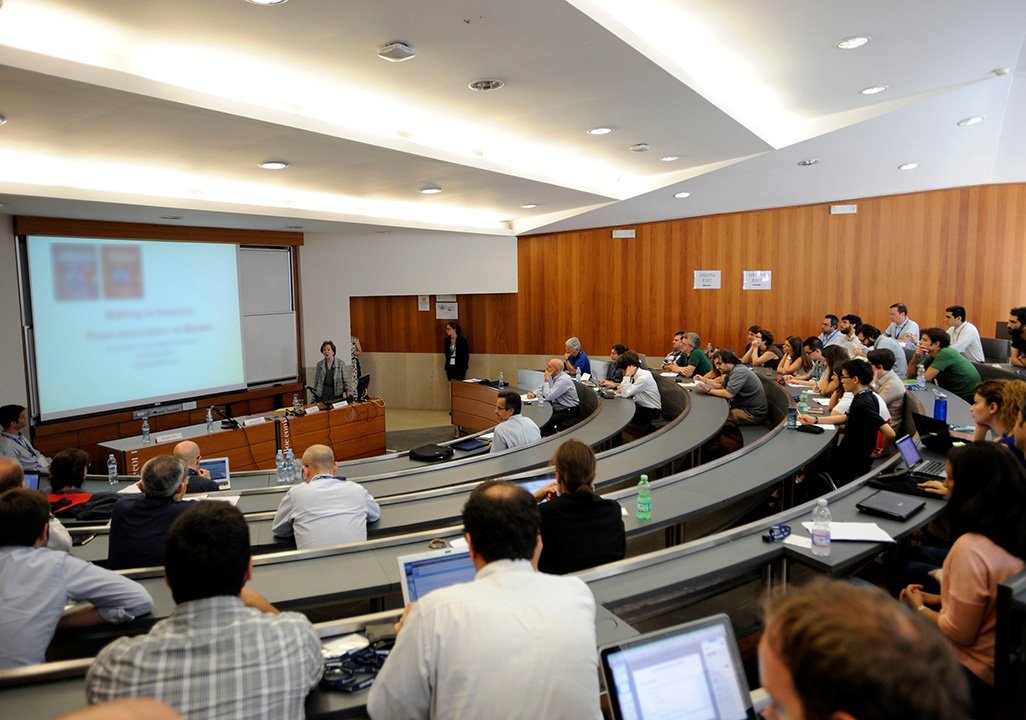Clare Balboni - Firm Adaptation in Production Networks: Evidence from Extreme Weather Events in Pakistan

Abstract
This paper considers how far private adaptation may reduce future vulnerability to climate change. Firms’ climate risk exposure depends not only on the location of production, but also on network effects via the flood risk profile of suppliers and transportation links connecting trading partners. We use data on monthly firm-to-firm transactions for the near-universe of formal sector manufacturing firms in Pakistan and more than six billion observations from commercial trucks traveling on the road network from 2011 to 2018 to study adaptation of firms in production networks. We find that firms affected by major floods relocate to less flood-prone areas, diversify their supplier base, and shift the composition of their suppliers towards those located in less flood-prone regions and reached via less flood-prone roads. Identification strategies that exploit both firm- and route-level flooding suggest that these responses reflect forward-looking actions to reduce future vulnerability to flood risk rather than direct effects of flooding, and are consistent with experience-based updating. We develop a quantitative spatial model of endogenous production network formation among firms that learn about flood risk from realized flood events. We estimate the model to quantify the importance of the adaptive responses identified for the aggregate vulnerability of the economy to future flood risk. The results suggest that the impacts of climate change will be mediated as firms learn from the experience of increasingly frequent climate disasters.
For further information, please contact sara.picciallo@unibocconi.it